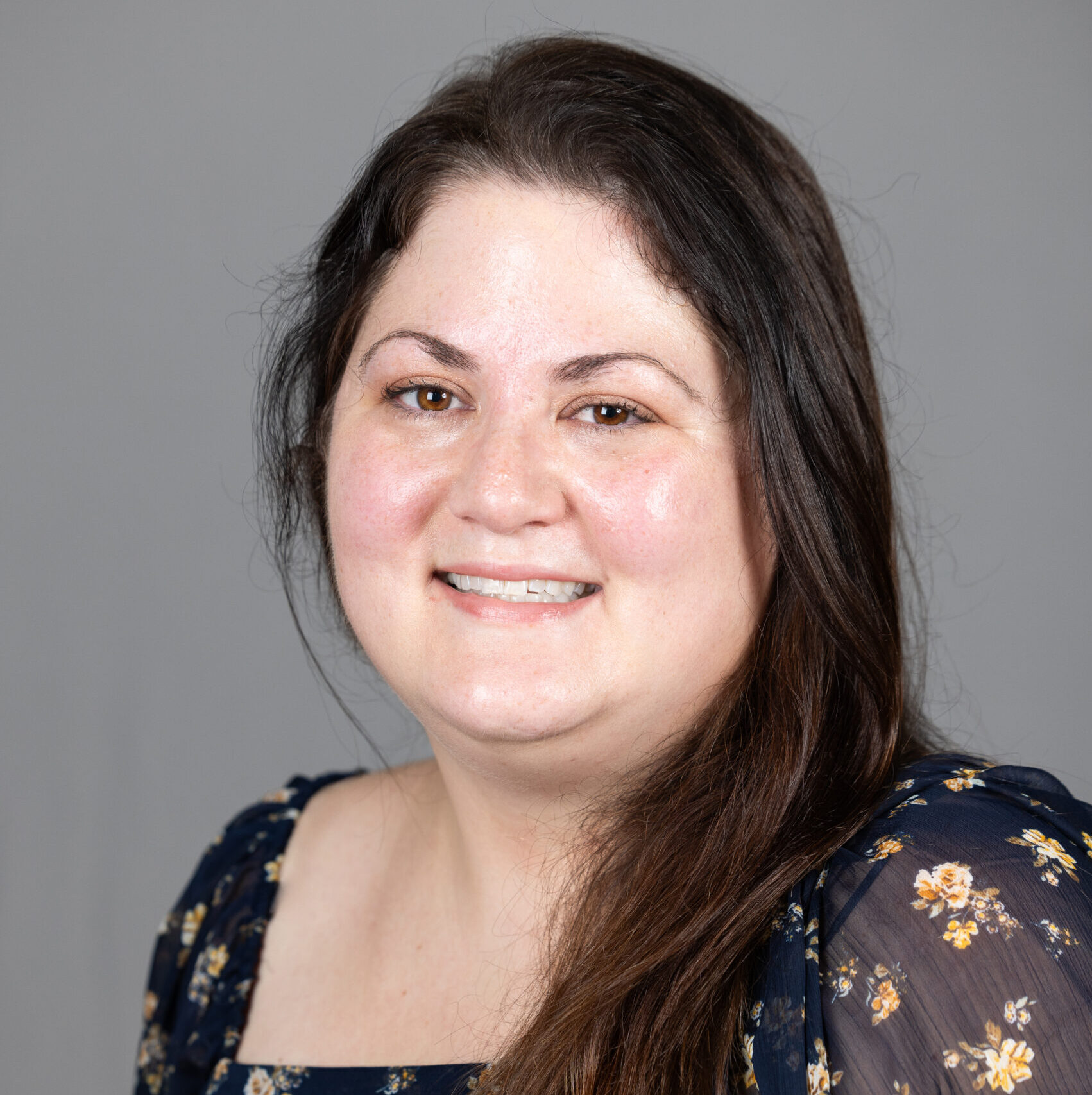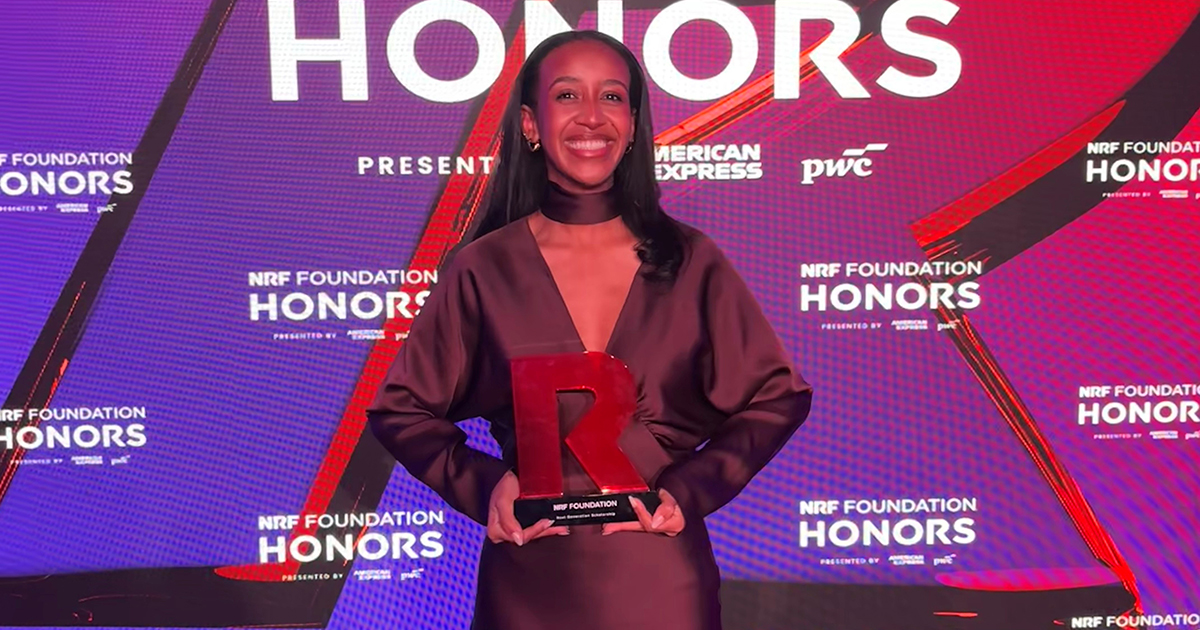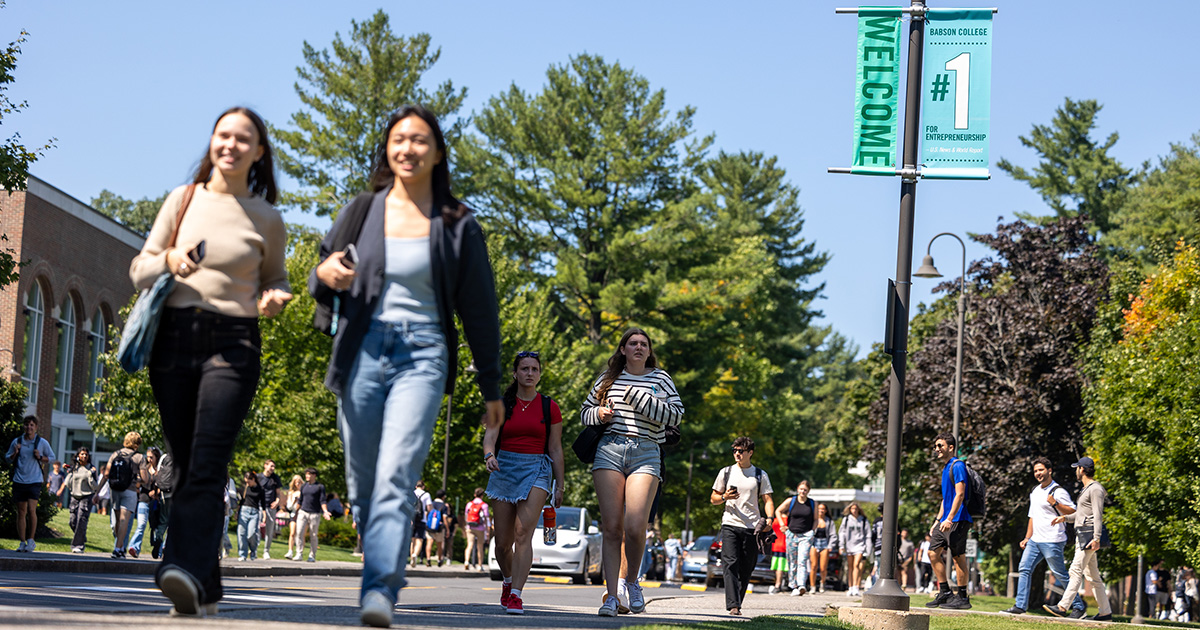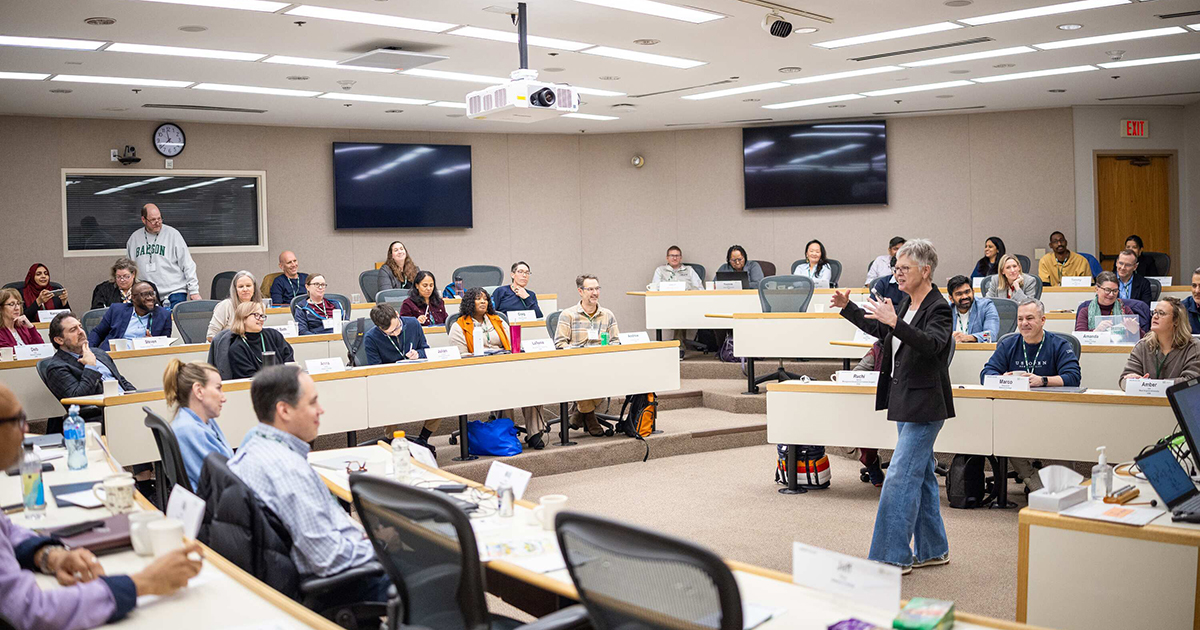Student App Makes Lending a Hand Easier
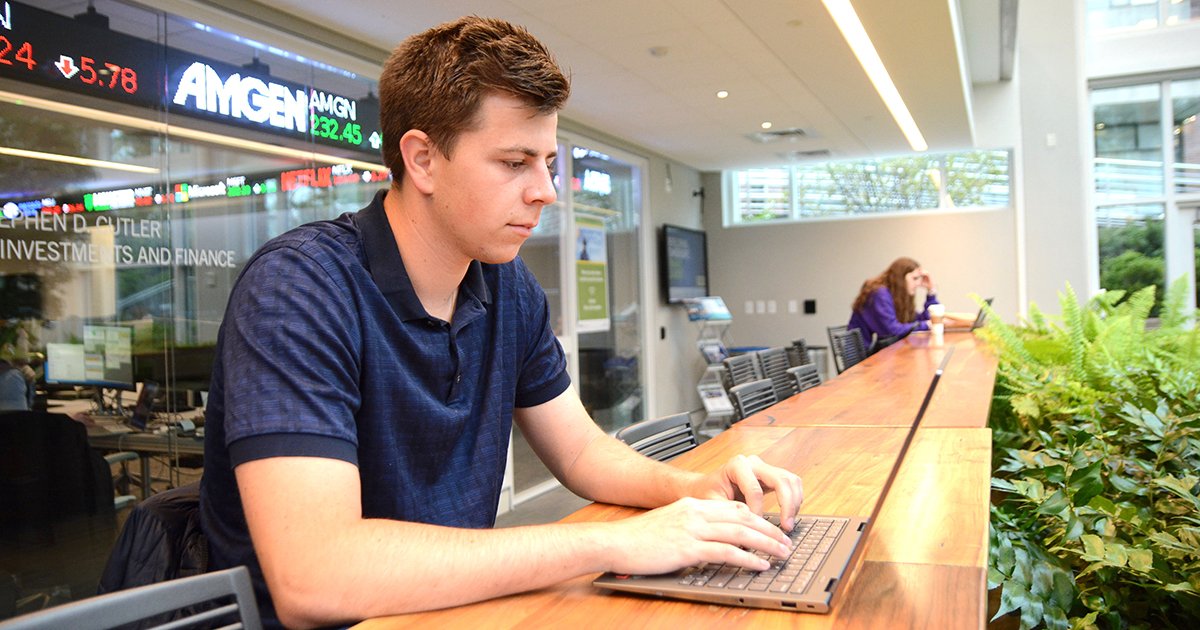
During a travel crisis on a family vacation to the Maldives, Boris Chertok ’22 got the idea that would become one of his first business ventures. The trip was planned through a large travel agency, and when his family arrived, major parts of the trip, including transfer boats to other Maldivian islands, had not been booked. His family had no idea what to do.
“I didn’t like my experience, even though it should’ve been the experience of a lifetime,” Chertok said. “That pushed me to create something different.”
The travel crisis—and eventual epiphany—led Chertok, a Swiss native who spent time in Israel and Ukraine growing up, to create Wiotto, a travel agency for remote locations that specializes in both the luxurious and local intricacies of your destination. While most children on a family vacation go straight to the pool, Chertok saw a chance to solve a problem and address a market gap.
“One of the first things I learned at Babson was that for a business to work, it has to solve a problem somebody has,” Chertok said. “I think it’s important to help people, even if it’s not a huge change in the world.”
That also is the ethos behind his newest venture, Studentocity, which has a more daily application. Think TaskRabbit meets an orientation icebreaker, with a dash of ride-sharing. It’s an app where Babson students sign up to do various tasks—from laundry to carpooling to picking up a food order—for their fellow students who need help for a set fee.
An App for the Community
It was an idea he had played with a few times in the past, but when COVID-19 lockdowns limited when students could leave their homes, the concept suddenly had new relevance.
“Some people were allowed to go outside and some weren’t, so that really sparked the idea for me again,” Chertok said. For example, while he couldn’t leave to pick up dinner off campus, someone down the hall possibly could. And, when he needed a ride to class, he didn’t have to rely on corporate rideshares.
Over a few months, he created the app’s website and enlisted his hallmates to help both do the tasks and request them.
“You can pretty much talk to anyone on the Babson campus about a business idea and they will listen to you,” he said. Babson students are testing it out for him, while he says faculty and alumni are offering advice.
“One of the first things I learned at Babson was that for a business to work, it has to solve a problem somebody has. I think it’s important to help people, even if it’s not a huge change in the world.”
Boris Chertok ’22
Chertok sees Studentocity as an opportunity for money to land in the hands of Babson students, not other companies, as well as to help students feel safer when getting something delivered or accepting a ride. The app focuses on community members helping community members.
“I’m not trying to replace those apps. Uber has its own thing. TaskRabbit has its own thing,” Chertok said. “I’m trying to cover the space in between those apps that I feel isn’t covered in a big way.”
The Journey of an Idea
He got the initial idea for Studentocity in high school, specifically thinking of a way for younger students to take advantage of the opportunity where upperclassmen could leave during the day and bring back snacks. While that iteration didn’t get off the ground, it found new life when Chertok arrived at Babson in 2018 and took Foundations of Management and Entrepreneurship (FME). Another team in his class, which he was later brought on to, happened to have a similar idea.
The FME version, called Time Swap, was moderately successful, and Chertok and some of his teammates hoped to build on it. But, then the pandemic hit, and social distancing and remote learning crushed the momentum.
When he returned to campus as a senior, he decided to try again on his own. He enlisted the help of his younger brother as well as some family friends in Ukraine to help code and market the Studentocity app.
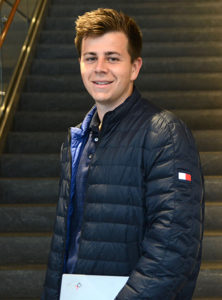
Boris Chertok ’22
While app development and deployment took longer than expected, he launched in March 2022. It is currently in beta testing with more than 200 signups from Babson email holders and can be downloaded from the Apple App and Google Play stores. The Russian invasion of Ukraine led to some stoppages, including when the server for the website, which is in Ukraine, was attacked and was offline for a few weeks.
Less concerned about the business implications, he remains focused on the safety and security of his family and friends in Ukraine. His focal point, for now, is on what can happen on campus and in the United States, gathering feedback and building awareness and users.
Chertok’s father is an entrepreneur, and he hopes to follow in his footsteps professionally. After graduation, he plans to expand Studentocity to other universities and he will continue to run the app, as well as Wiotto. Regardless of what happens with any of his ventures, Chertok will have his entrepreneurial mindset to fall back on: notice the small problems that affect people greatly and find solutions to help.
“It’s something that connects two types of people,” he said, “and that’s something that will always be necessary no matter what.”
Posted in Community, Entrepreneurial Leadership
